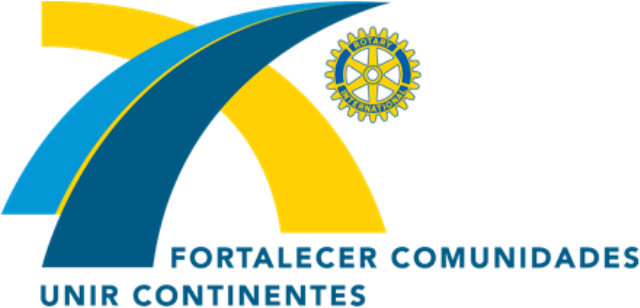
By Joseph Derr
Rotary International News
March 2008
Carolyn Crowley Meub, executive committee member for the Water and Sanitation Rotarian Action Group, past governor of District 7870 (Vermont and New Hampshire, USA), and executive director for Pure Water for the World, responds:
First, know the importance of this work. The basis of good health is access to clean, safe drinking water. Experts say that unsanitary water is responsible for about 80 percent of all diseases in developing countries. For most of the world, clean water is medicine.
Rotary clubs of all sizes can get involved in a water project, but developing a project takes planning, and these projects can be expensive. Most clubs aren’t equipped to run a project on their own and often don’t know how to get started. By uniting several clubs together and/or partnering with a reputable organization, a single Rotary club can make a bigger impact. Pick your partners well.
When getting involved, look for projects that are sustainable. Poorly planned and built shallow wells won’t work two years after construction.
The most important thing to remember is that the project doesn’t belong to the Rotary club or district — it belongs to the people it serves. Water projects must begin and end with the local community. To ensure that the project provides the intended benefits long after the donor has left, make sure the local community has ownership from the beginning. As Rotarians dedicated to the communities we serve, we wouldn’t want to do it any other way.
Rotarian Carolyn Crowley Meub, executive committee member for the Water and Sanitation Rotarian Action Group, and executive director for Pure Water for the World stresses the importance of clean water projects.
Photo by Alyce Henson/Rotary Images







No hay comentarios:
Publicar un comentario